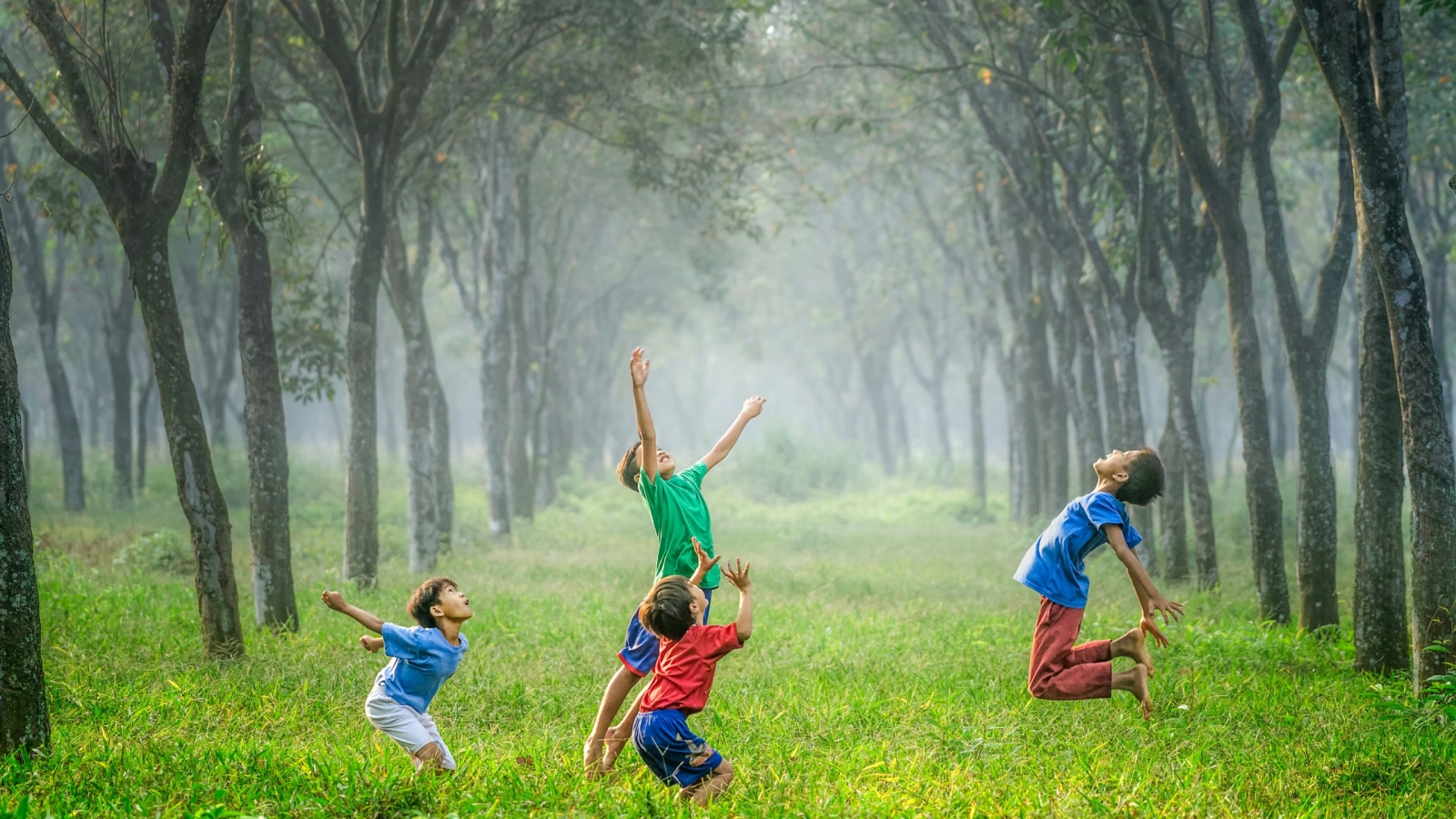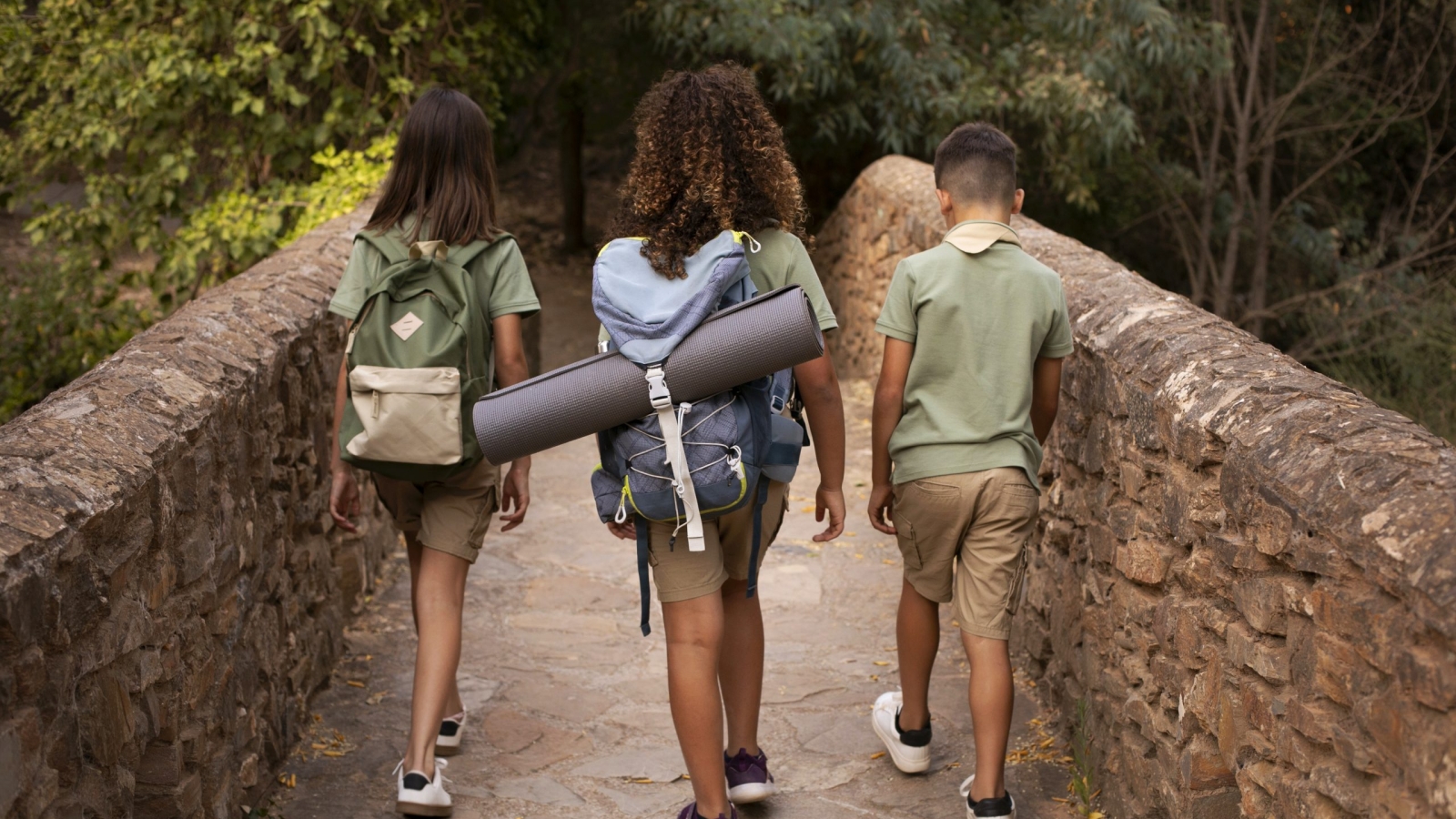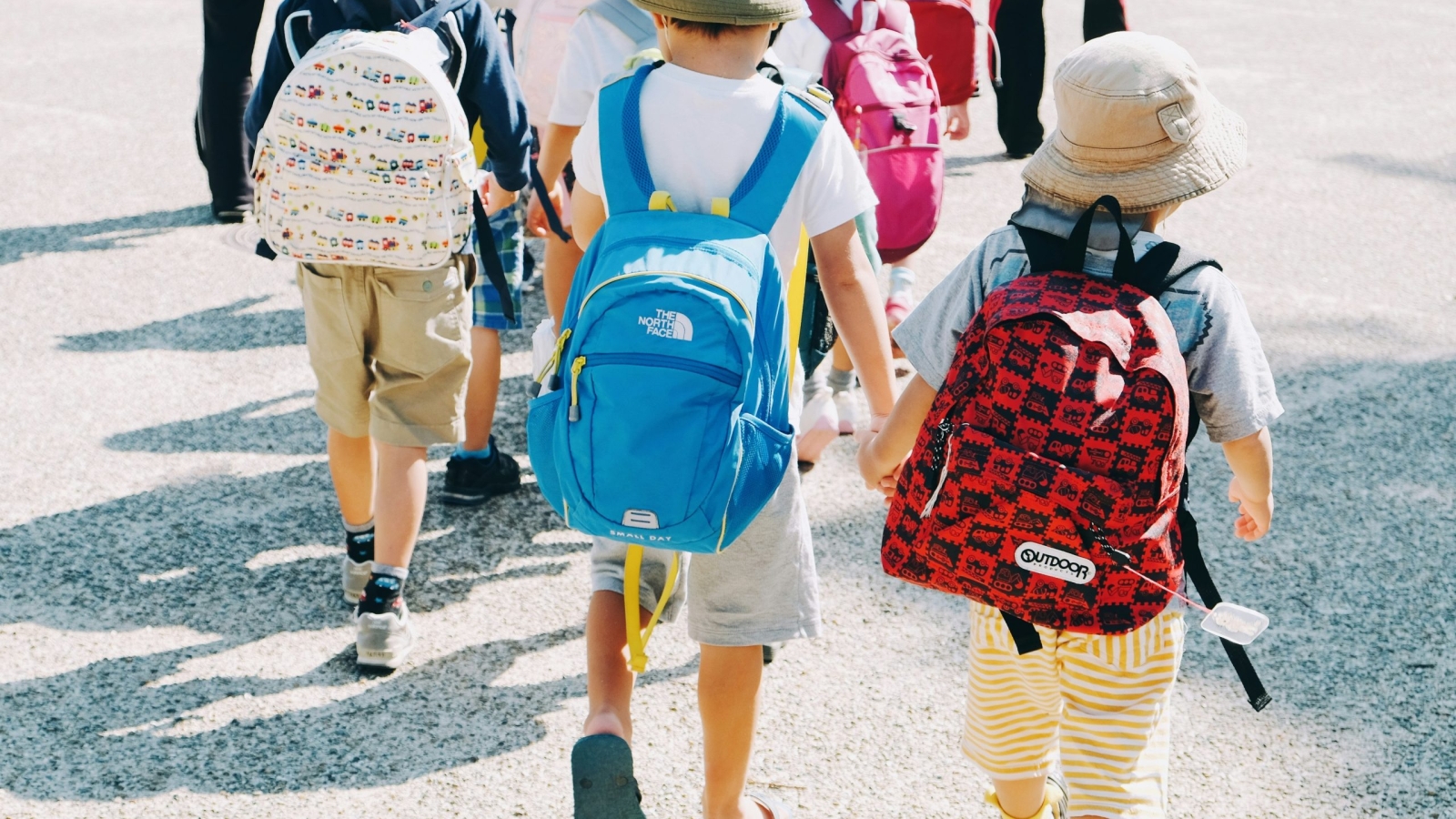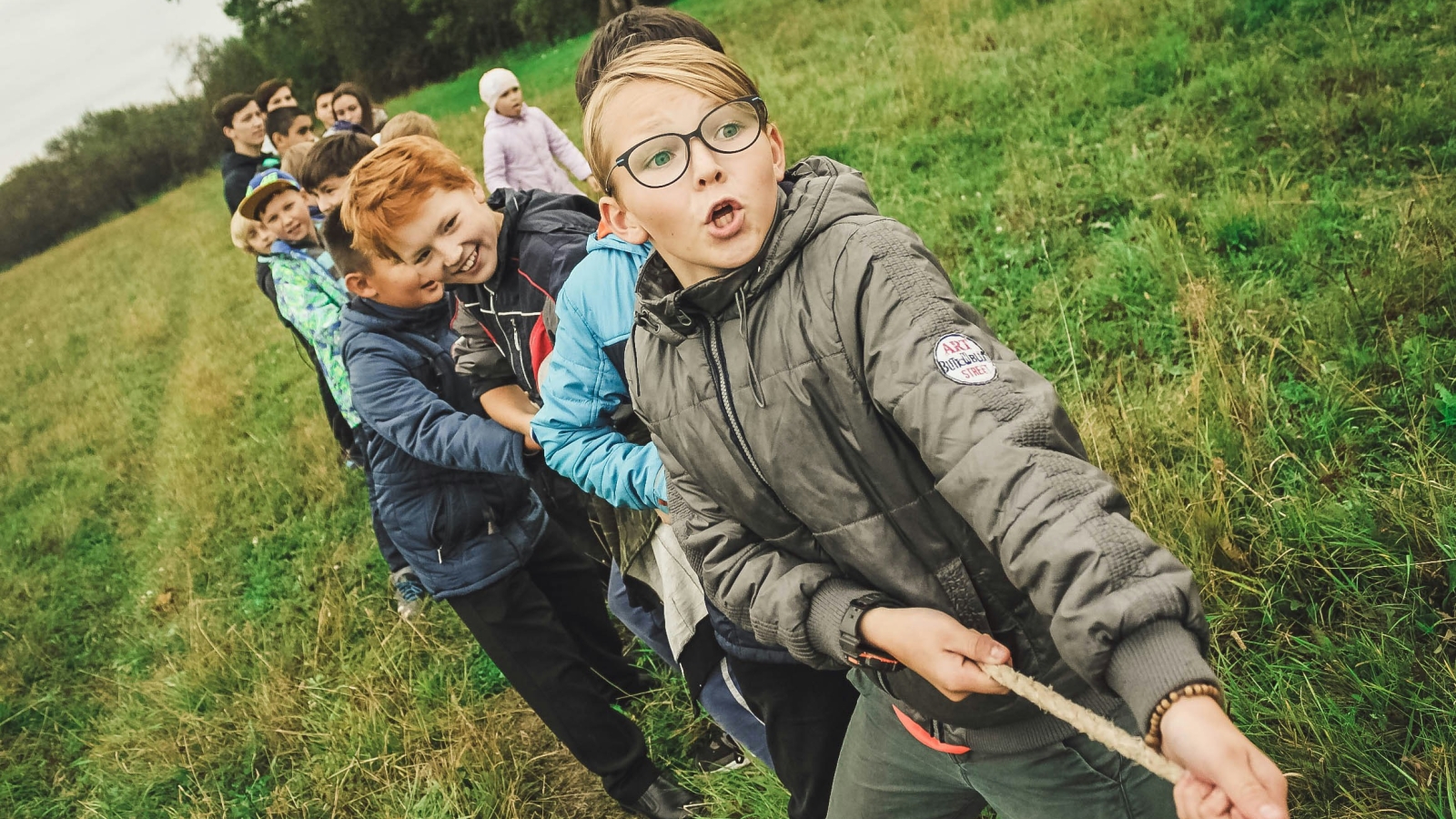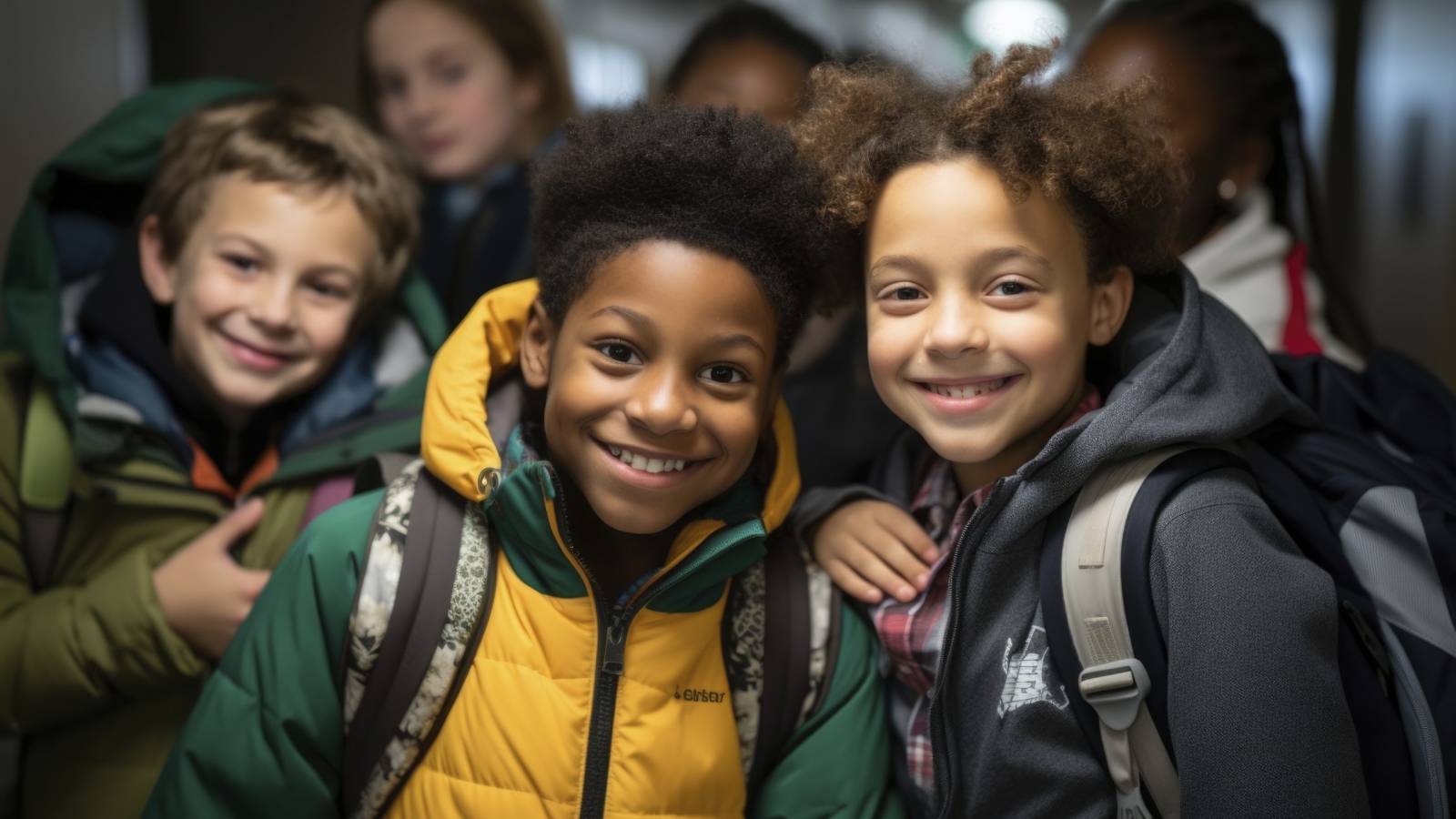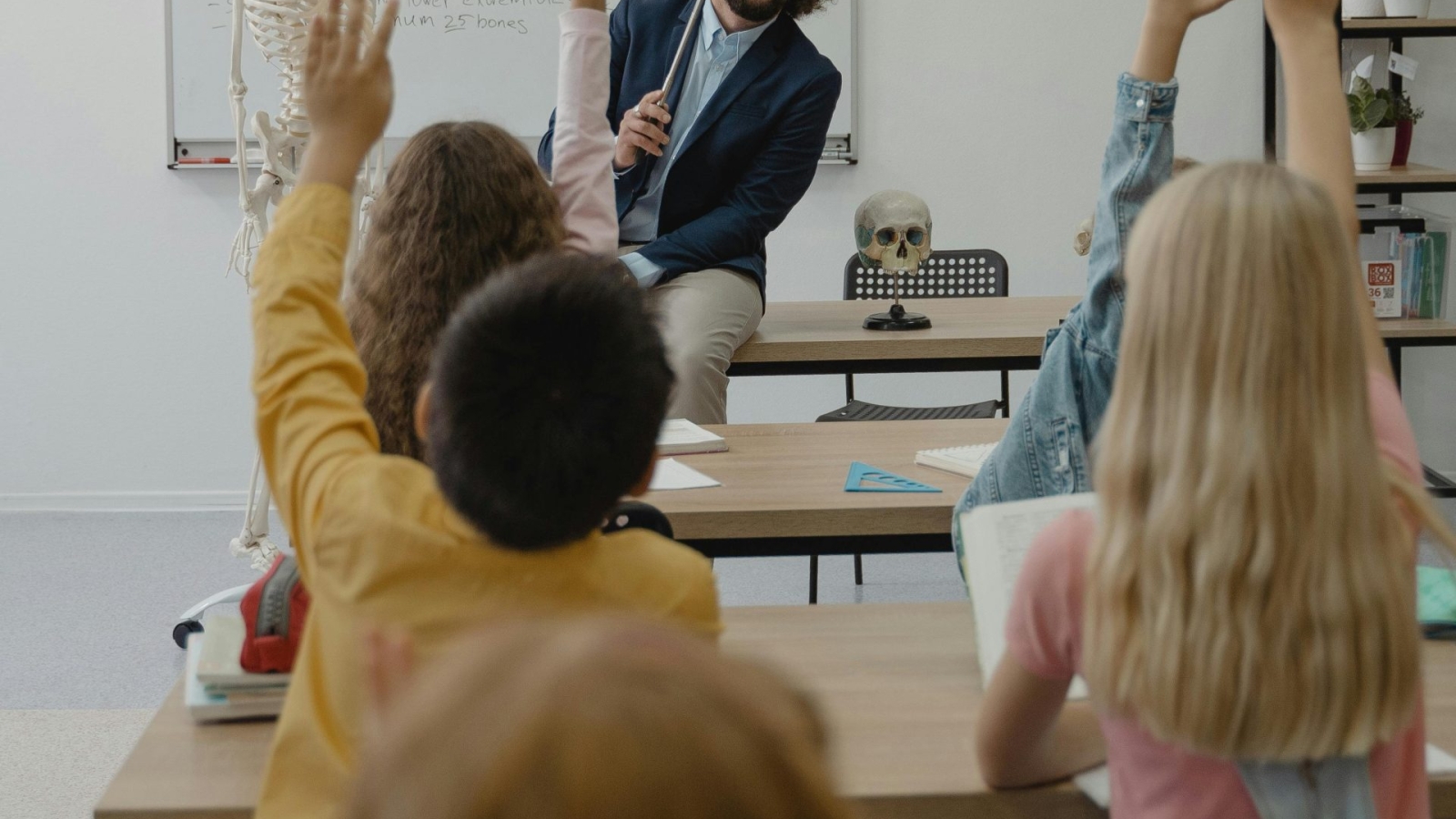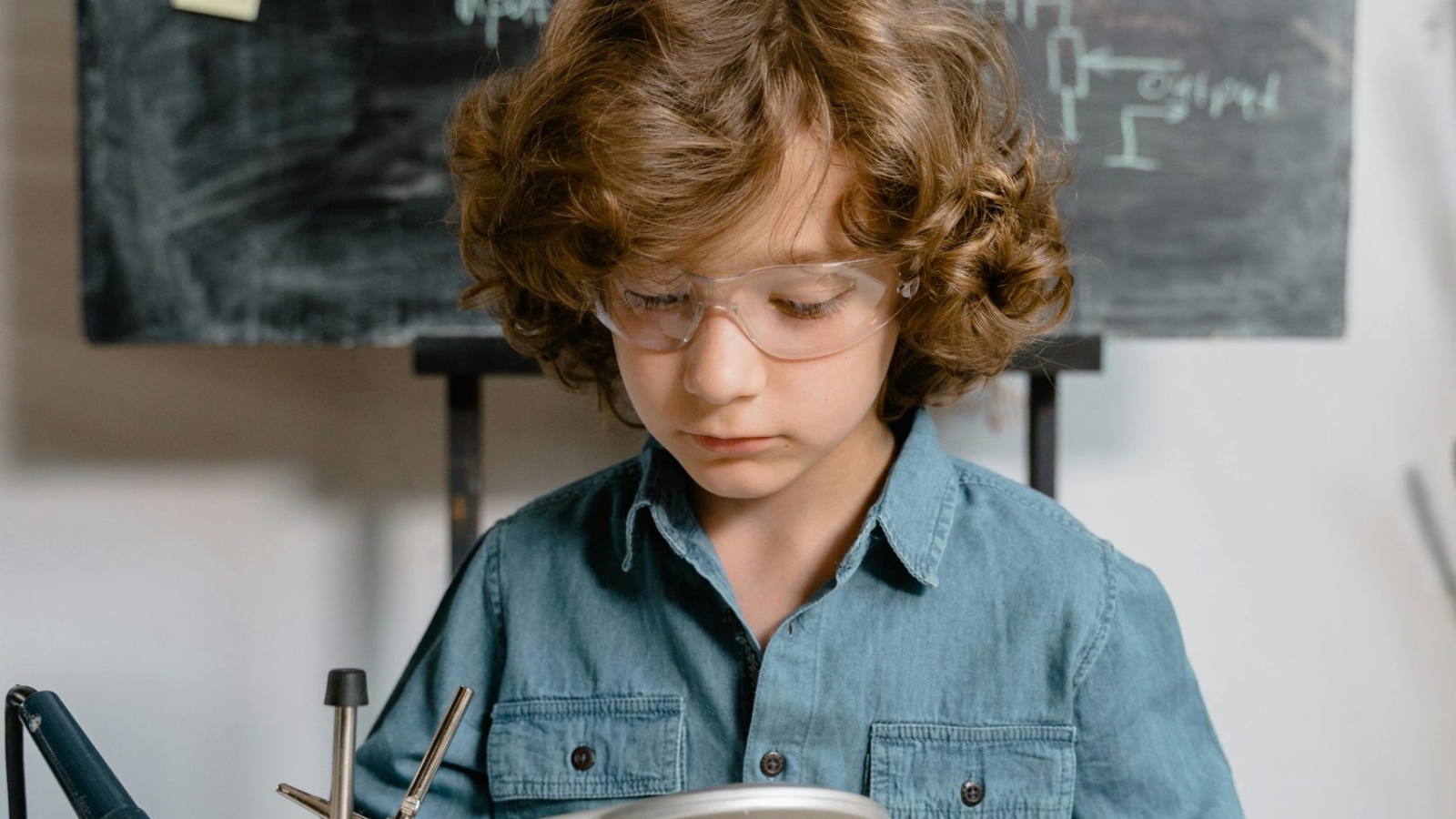Field trips are an exciting and integral part of a child’s educational journey. Beyond the fun and the break from routine, these excursions play a significant role in fostering courage in young learners. Here’s how:
1. Stepping Out of Comfort Zones
Field trips take kids out of their familiar environment and place them in new, often challenging settings. Whether it’s a visit to a science museum, a historical site, or a nature reserve, each trip offers unique experiences that push children to step out of their comfort zones. This exposure helps them develop the confidence to navigate unfamiliar situations, a critical component of courage.
2. Encouraging Exploration and Curiosity
Exploring new places naturally stokes curiosity. Kids are encouraged to ask questions, seek answers, and engage with their surroundings. This active engagement is a form of bravery as it requires them to take intellectual risks. By learning to embrace their curiosity, children develop the courage to seek knowledge and face the unknown.
3. Promoting Social Interaction
Field trips often involve working in groups or interacting with new people, such as guides or experts. These social interactions can be daunting, especially for shy or introverted children. However, the necessity of communicating and collaborating in these settings helps kids practice social bravery, boosting their confidence in dealing with others.
4. Developing Problem-Solving Skills
Field trips frequently present unexpected challenges, from navigating a large museum to participating in a scavenger hunt. These situations require quick thinking and problem-solving. Facing and overcoming these small hurdles helps children build resilience and the courage to tackle bigger challenges in the future.
5. Learning from Real-World Experiences
Experiencing concepts firsthand—such as seeing historical artifacts, engaging in scientific experiments, or observing wildlife—makes learning tangible and memorable. This real-world context helps children understand that knowledge extends beyond textbooks. This understanding gives them the courage to apply what they’ve learned in school to real-life situations, reinforcing their belief in their capabilities.
6. Fostering Independence
On field trips, kids often need to manage their belongings, follow schedules, and make decisions independently of their parents. This sense of responsibility fosters independence. As they successfully navigate these responsibilities, their self-reliance grows, and so does their courage to act independently.
7. Building Empathy and Understanding
Many field trips involve cultural or historical education, exposing children to different perspectives and ways of life. This exposure fosters empathy and understanding, encouraging kids to approach the world with an open mind. Understanding and appreciating diversity requires emotional bravery and helps children develop a compassionate outlook.
Conclusion
Field trips are more than just an educational tool; they are a vital component in the development of a child’s courage. By stepping out of their comfort zones, interacting with others, solving problems, and experiencing the real world, children build the confidence and bravery necessary to face life’s challenges head-on. Encouraging and participating in these excursions can profoundly impact a child’s growth, making them more courageous learners and compassionate individuals.

